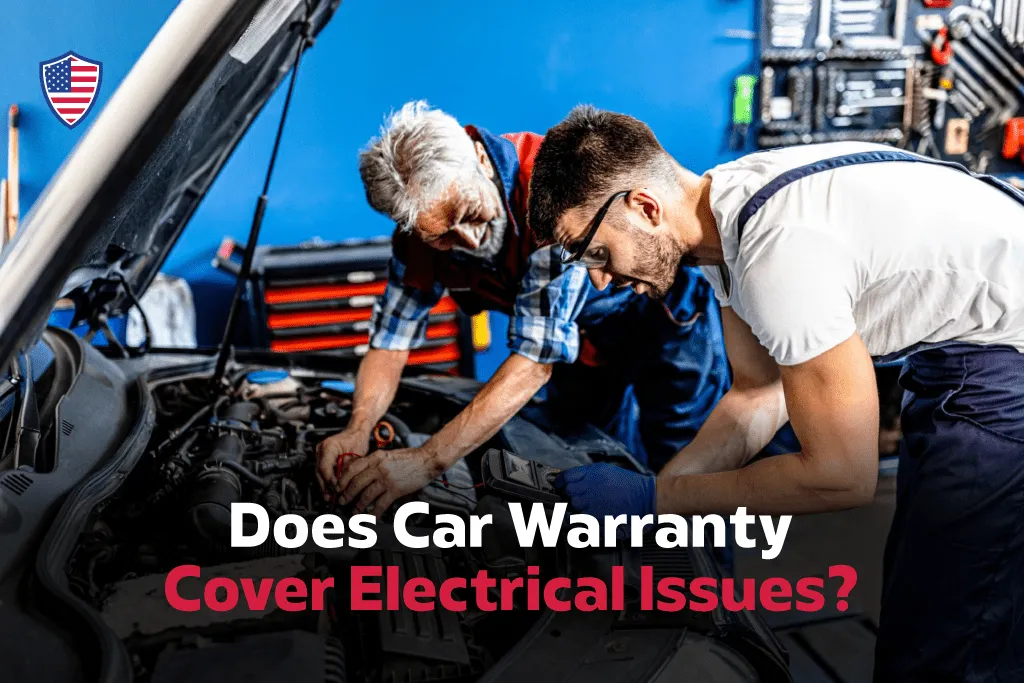Do Extended Car Warranties Cover Suspension Systems?
When buying a new vehicle, extended car warranties, often referred to as vehicle service contracts, can provide coverage beyond the manufacturer’s warranty. These warranties can vary significantly in terms of what they cover. One common question among car owners is whether extended car warranties cover suspension systems.

Understanding Suspension Systems
The suspension system is vital to a vehicle’s overall performance and safety. It includes various components such as shock absorbers, struts, springs, control arms and other parts that work together to provide a smooth ride and maintain vehicle stability. The suspension system absorbs road shocks, keeps tires in contact with the road and helps ensure safe handling and braking.
After purchasing a new Ford for sale and taking your new truck offroad a few times, keeping the suspension system’s upkeep and repair costs in mind is important. For instance, replacing a single shock absorber can cost several hundred dollars, while more extensive repairs involving control arms or springs can run into the thousands.
Extended Car Warranties and Suspension Coverage
Not all extended car warranties are created equal and the extent of coverage can vary widely between providers and plans. Here are the main types of extended warranties and their typical approach to suspension system coverage:
1. Powertrain Warranty
A powertrain warranty is the most basic type of extended warranty, typically covering only the engine, transmission and drivetrain components. Unfortunately, suspension systems are generally not covered under powertrain warranties. These warranties focus on the parts of the vehicle that generate and transmit power to the wheels, leaving out many other critical systems.
2. Bumper-to-Bumper Warranty
A bumper-to-bumper warranty, also known as a comprehensive warranty, offers broader coverage and includes many of the vehicle’s systems and components. However, even these warranties have exclusions and suspension system coverage can vary. Some bumper-to-bumper warranties include coverage for certain suspension components like struts and shocks, while others may exclude these parts or offer limited coverage.
3. Component-Specific Warranties
Some extended warranties are component-specific, meaning they cover particular systems or parts of the vehicle. You might find plans that specifically include suspension systems. These warranties can cover a wide range of suspension components, including shocks, struts, springs, bushings and control arms. If suspension system coverage is a priority, it is important to look for a warranty that includes these components.
What to Look for in an Extended Warranty
When considering an extended car warranty for suspension system coverage, it’s important to:
- Read the Fine Print: Carefully review the terms and conditions of the warranty to understand what is covered and what is excluded. Pay close attention to the list of covered components and any exclusions related to the suspension system.
- Ask Questions: Ask the warranty provider specific questions about suspension coverage. Clarify which components are included and whether there are any limitations or conditions for coverage.
- Compare Plans: Comparing plans from different providers can help you find the best coverage for your needs. Look for plans with comprehensive coverage, including suspension systems.
- Consider the Cost-Benefit: Weigh the cost of the extended warranty against the potential repair costs for suspension components. If you drive on rough roads or put a lot of miles on your vehicle, the likelihood of suspension issues may be higher, making the warranty more valuable.
Protection and Peace of Mind
Extended car warranties can provide peace of mind and financial protection against unexpected repair costs, but coverage varies widely. Select an extended warranty that meets your needs and helps protect your vehicle’s critical systems, giving you a smoother and more secure driving experience.
Read Also: How important is Energy Conservation during a Heatwave?





